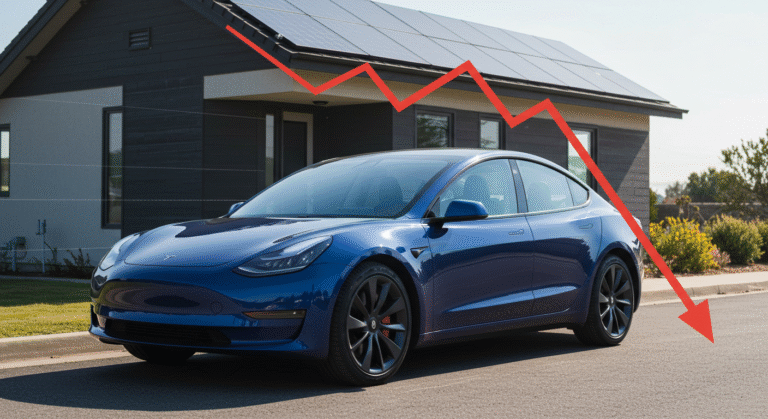Introduction
In a significant shift within the automotive industry, Stellantis, the parent company of Jeep and Ram, has announced delays for two upcoming electric vehicles (EVs) originally slated for release next year. This decision marks another chapter in the ongoing challenges faced by the automaker in its transition towards electric mobility.
Background on Stellantis
Stellantis was formed in 2021 through the merger of Fiat Chrysler Automobiles and PSA Group. Since then, the company has made ambitious promises regarding its electric vehicle lineup, aiming to establish a strong presence in the EV market. However, the recent delays raise questions about its commitment and strategy in the rapidly evolving automotive landscape.
The Delays Explained
The two electric models that have been postponed were expected to play a crucial role in Stellantis’s portfolio. Industry insiders suggest that the delays stem from a combination of factors, including supply chain disruptions, technological challenges, and the need to ensure quality and performance standards are met before launch.
Impact on the Market
This decision to delay the EV launches comes as other automakers accelerate their electric vehicle plans. As consumers increasingly seek sustainable transportation options, Stellantis’s postponement may affect its competitive edge in the market.
Continued Support for Gas Models
In light of the delays, Stellantis has reaffirmed its commitment to continue selling gas-powered models, particularly those under the Jeep and Ram brands. The company argues that maintaining a diverse lineup is essential to meet customer demands while it navigates the transition to electric vehicles.
Reactions from Industry Experts
Experts in the automotive field have expressed mixed reactions to Stellantis’s decision. Some view the delays as a necessary step to avoid launching inferior products, while others criticize the company for not keeping pace with competitors. The automotive industry is at a pivotal moment, and the moves made by companies like Stellantis will likely have long-term implications.
Looking Ahead
As Stellantis works through these challenges, the focus will be on how it plans to regain momentum in the EV sector. The company has previously outlined plans to invest billions in electrification, and stakeholders will be keen to see how it adapts its strategy moving forward.
Conclusion
The delay of two electric vehicles by Stellantis is a reflection of the complexities surrounding the automotive industry’s shift to electric mobility. While the company continues to support its gas-powered models, the future of its EV ambitions remains uncertain as it navigates the challenges ahead.

